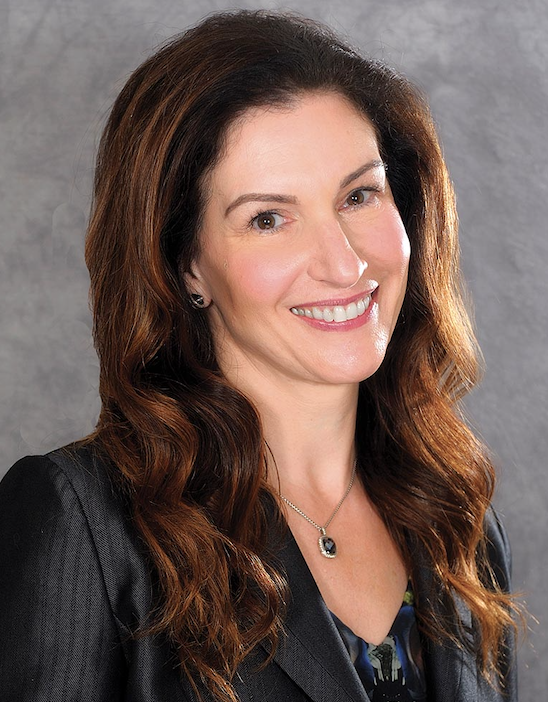In this issue, we discuss the interrelated topics of work-life balance, international charity care, and sustainability. In medicine, personal sustainability is dependent upon work-life balance, as well as what my friend Jim Katz and I refer to as “work-work balance.”
A commitment to medicine is a commitment to lifelong learning and can often extend beyond the standard “working hours” dedicated to clinic and surgery. In addition, time demands due to EHR, administrative tasks, and business demands also create a greater workload for physicians. The key, of course, is to manage the additional amount of mindshare and time involved.
Having one’s work and time be valued and appreciated is important to the sustainability of any career. This can sometimes become lost in the vagaries of day-to-day practice, especially when management teams and insurance companies dictate monetary contributions as the sole unit of value, overshadowing physician practices and ASCs.
This is, in part, where work-work balance comes into play. There are many professional options and opportunities available in the ophthalmology space. Aside from performing surgery and seeing clinic patients, you can work with industry partners as a consultant, speaker, KOL, instructor, or innovator. You can also teach locally, nationally, or internationally at meetings and as part of specialty societies and outreach organizations. Mentorship is another way to engage either informally or through established groups such as the American Academy of Ophthalmology’s Minority Ophthalmology Mentorship (MOM) program, which is dedicated to increasing opportunities in ophthalmology for populations that are underrepresented in medicine. Other mentorship programs include CedarsAspens/AECOS and YoungMD Connect. All these opportunities can help to provide balance, sustain your interest in medicine, and foster appreciation for ophthalmology.
Mentorship can also extend internationally, providing charitable care in underresourced communities. There are different opportunities for international humanitarian work. Some groups do mission trips to reach the unreached by reducing the backlog of cases in underserved areas. Other organizations, such as HCP/Cure Blindness, also provide training and education for local surgeons in these communities. Exchanging information and ideas and learning from each other in limited-resource settings can expand and improve one’s surgical skills and broaden one’s knowledge base by finding innovative solutions to medical and surgical conundrums.
Family time and vacations are important for the sustainability of one’s mental health, enjoyment of life, and ultimately the sustainability of one’s career. If unsure, employ a form of the “rocking chair” test. For example, a few years ago, after a mission teaching trip to India, I had the opportunity to meet my husband and our college-age son in London the week of the winter holidays. In past years, I had often worked this week to improve year-end revenues and to do surgery on patients needing to use up the annual funds in their health care flexible spending account. This particular year, I thought about whether in 5, 10, or 20 years I would even remember doing an extra two days of cataract and refractive surgery or remember the special trip we had in London. Today, seven years later, I am so happy to have the memories created by this experience—running in Hyde Park, seeing West End theater productions, and cooking and celebrating an impromptu Christmas dinner with visiting friends and a former professor of mine who lives in London (who unbeknownst to us, had just lost his partner. If we had not been there, my professor would have been having Christmas dinner alone).
Time management is critical for establishing and maintaining work-life and work-work balances. The ability to find value and appreciation in work-work balance can decrease burnout and thus improve work-life balance. Remembering the importance of life experiences and memories created with family and friends add to the richness of the fabric of life. This all makes for a sustainable future. OASC









